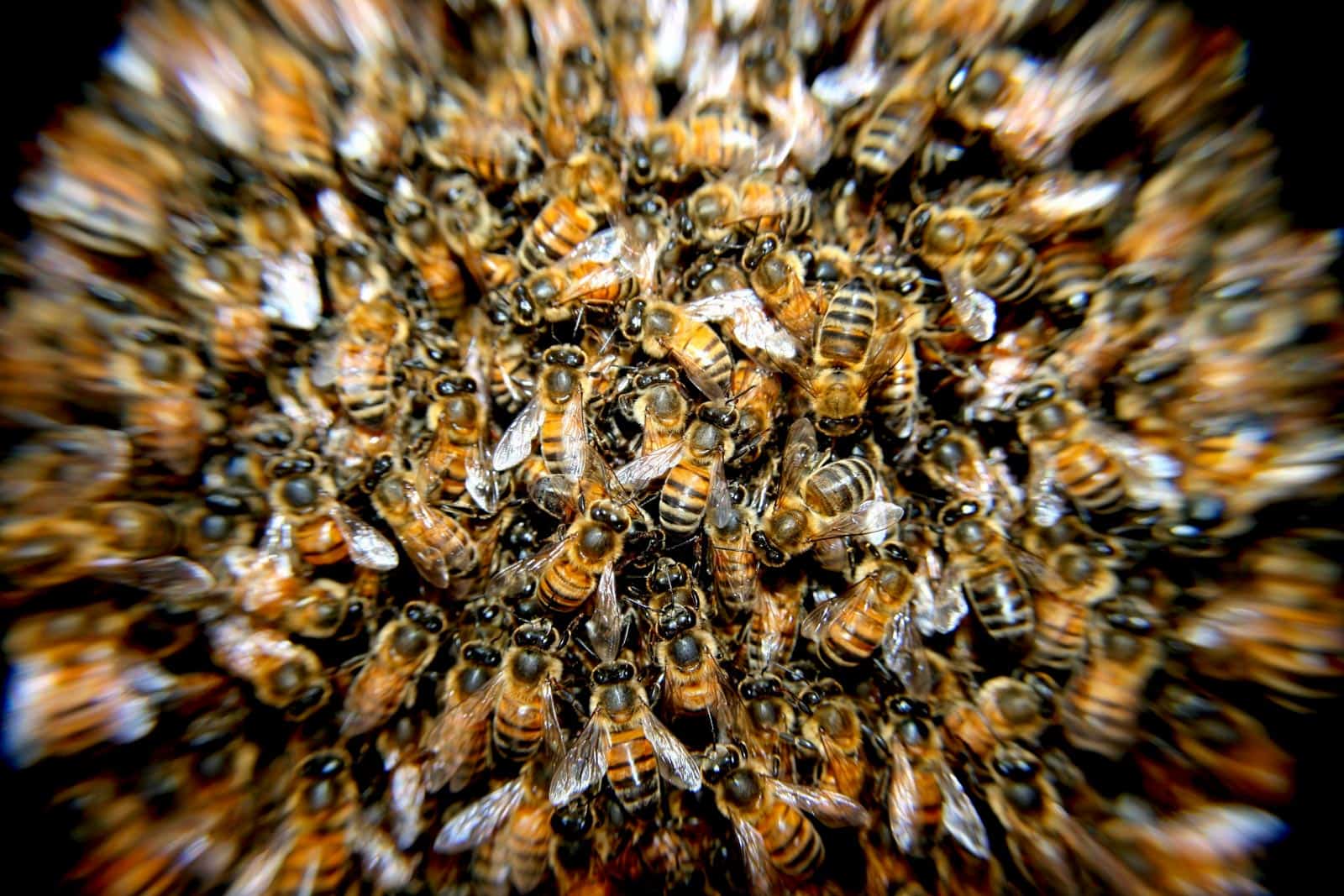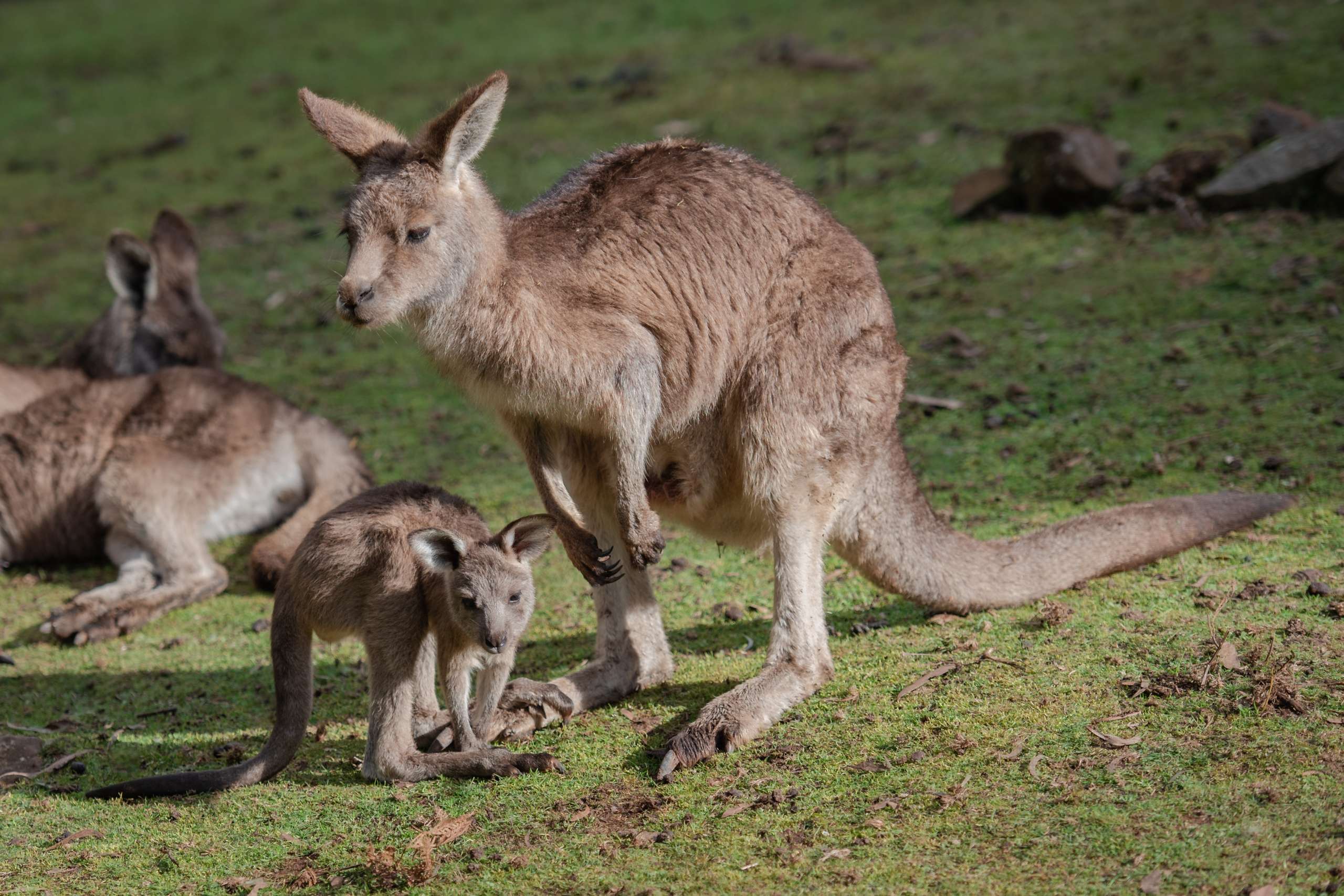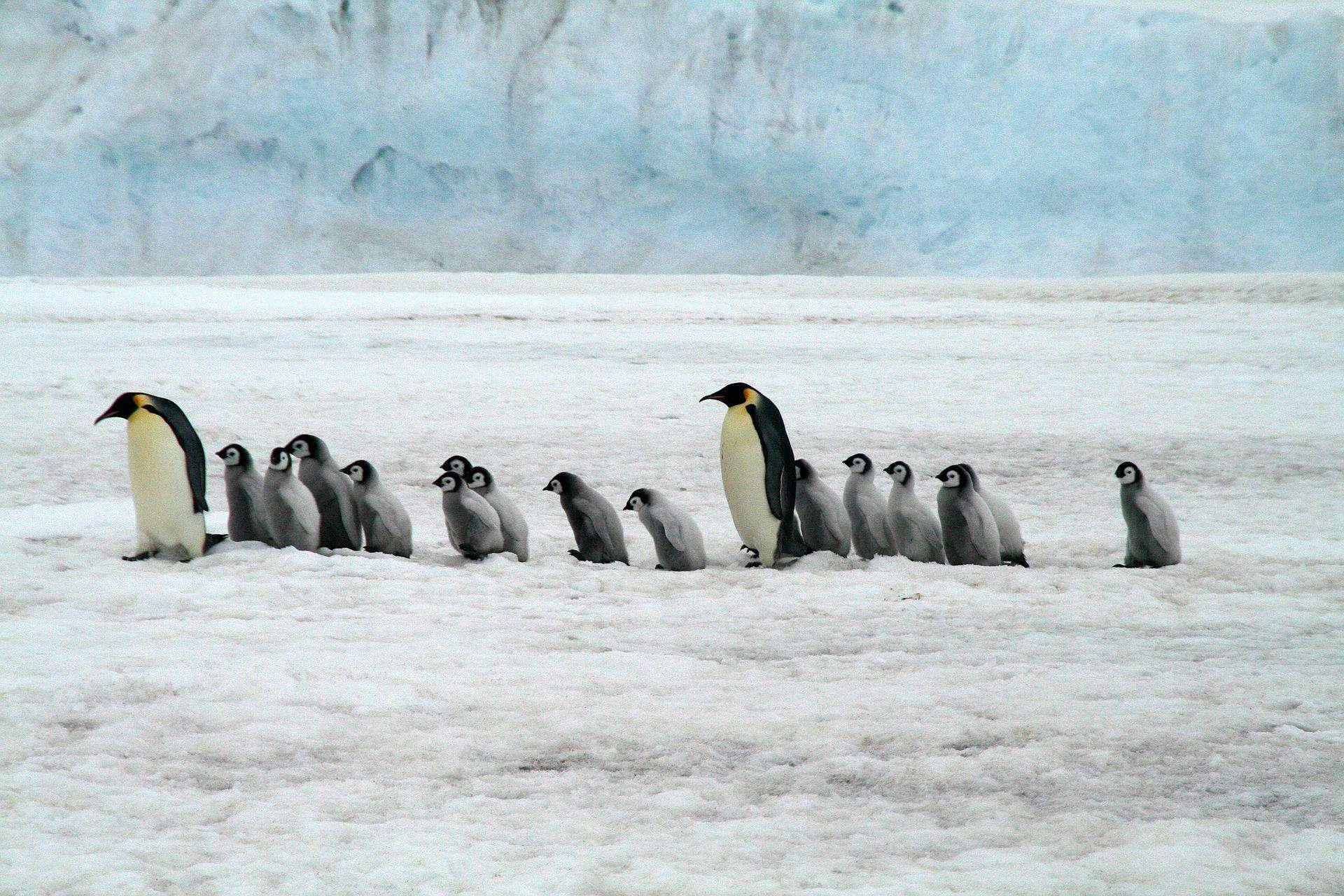Bee crisis
Almost three quarters of the worlds crops, need to be pollinated by insects. Between Insects, bees are the main pollinators. They pollinate various grain crops, fodder, vegetables, fruit trees and many more.

Their presence is essential, they also carry out an important socio-economic role. On the one hand, apiculture is considered one of the main livestock income generator. And on the other hand, honey has become one of the most wanted natural products, because of its properties.
Climatic catastrophes and bees
The Beekeeping sector in Spain has around 36,494 beekeepers and 2,952,51 hives. The last few years regarding the “bee situation” in Spain haven’t been positive. Because of climate change, the temperatures rise and the rain rate decreases every year that follows.
Droughts and extreme heat have dried up many plants and prevented many others from flourishing. The lack of rain has diminished the presence of ponds, creating an enormous problem for insects. Both of these things hinder the breeding season of insects, especially affecting hibernating bees.
Some other very important threats to bees are:
- Pesticides: which are used in the majority of intensive agricultural plantations around the country.
- Asian hornet (Vespa velutina) : is becoming a bee predator.
- Urban development

International scala
The problems and threats that bees are facing in Spain, are or are becoming a problem in other parts of the world too. For example, in Florida (USA)
Climate change triggers natural catastrophes in many ways. Therefore, the number of hurricanes that are going to take place is going to grow. In September 2022, Hurricane Ian crossed Florida, causing big damage. One of the victims were the bees and the beekeepers.
Not only did the storm toss and flood tens of thousands of bee boxes but it ripped the flowers and leaves off of hundreds of square miles of forage over the state. Surprisingly, some bee-hives survived. Liquid polen was used to feed the bees, leaving them very hungry. The cost of restoring all the damage is considerable, therefore many beekeepers are debating whether they should restore their hives or not.
According to the spanish data, taking into consideration the benefits that pollination and honey export provide, every time a beekeeper leaves the activity, millions of euros and an ecosystem are lost.
Beekeeping crisis
2022 has ended up being one the worst years until now. The weather has been extreme in some Spanish regions. Even though beekeepers and scientists are investigating the number of bees that disappeared, they haven’t decided on an exact number yet. Furthermore, the first annual round of hive-census predicts the following data:
- It is possible that about a third of the specimens have been lost
- The honey harvest has fallen by at least 50%; Spain has gone from collecting between 20 and 25 kilos of honey per hive to only 10.
If these predictions end up becoming real data, it would be the first year that Spain loses such a big amount of their bee-population.

Bees are one of the most valuable species on the planet, without them, life would be practically impossible. That is why Spain and all the other countries should expand their protected areas and restoration of ecosystem, promote organic farming, and many other things.









